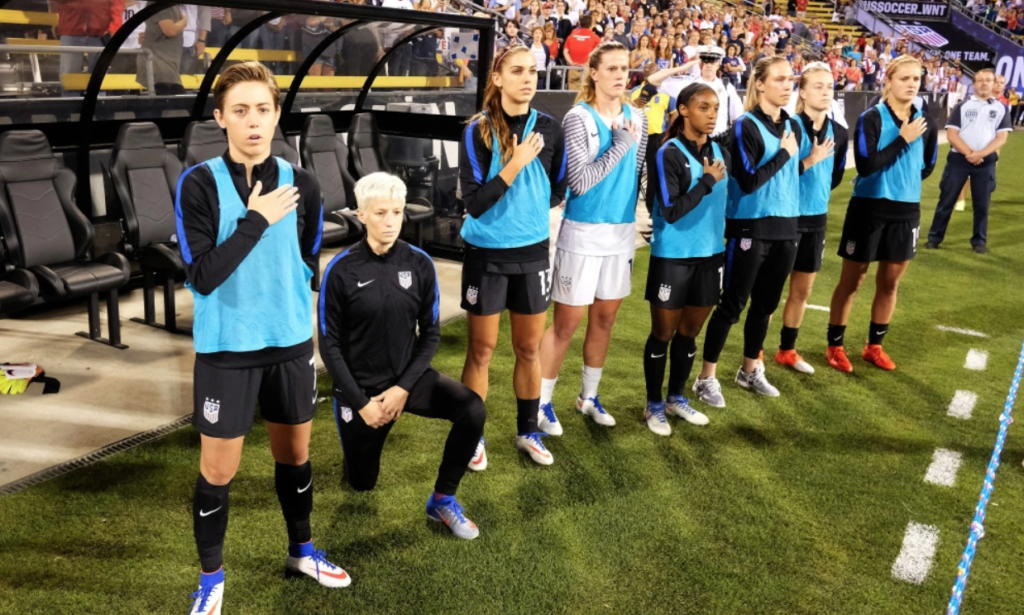Introduction
Sports have long been a powerful platform for promoting social change, transcending borders, cultures, and generations. From the early days of the Civil Rights Movement to modern-day initiatives, sports have played a significant role in driving social progress. In this article, we’ll explore the ways in which sports have been used to promote social change, highlighting notable examples, key figures, and the impact of sports on society.
Early Days of Social Change
- Jackie Robinson and the Civil Rights Movement
Jackie Robinson’s historic debut in Major League Baseball in 1947 marked a significant milestone in the Civil Rights Movement, challenging segregation and discrimination in sports.
- Muhammad Ali and Anti-War Activism
Muhammad Ali’s refusal to serve in the Vietnam War and his vocal criticism of racism and inequality made him a prominent figure in the anti-war and Civil Rights movements.
Modern-Day Initiatives
- NBA and NFL Players’ Social Justice Activism
Players like Colin Kaepernick, LeBron James, and Steph Curry have used their platforms to raise awareness about police brutality, racism, and social inequality.
- Women’s Sports and Gender Equality
The growth of women’s sports has contributed significantly to gender equality, challenging traditional gender roles and stereotypes.
- LGBTQ+ Inclusion in Sports
Initiatives like You Can Play and GLAAD’s Sports Media Program aim to promote LGBTQ+ inclusion and acceptance in sports.
Impact of Sports on Society
- Community Development and Engagement
Sports programs and initiatives have been instrumental in community development, promoting social cohesion and engagement.
- Education and Empowerment
Sports have been used as a tool for education and empowerment, teaching valuable life skills like teamwork, discipline, and leadership.
- Social Mobilization and Awareness
Sports have mobilized people around social causes, raising awareness and funds for various charities and initiatives.
Key Figures and Organizations
- Billie Jean King and the Women’s Sports Foundation
Billie Jean King’s advocacy for women’s sports and gender equality has been instrumental in promoting social change.
- Arthur Ashe and the Arthur Ashe Institute
Arthur Ashe’s legacy continues to inspire social change, with the Arthur Ashe Institute promoting diversity and inclusion in sports.
- The Sports and Social Change Initiative
This initiative brings together athletes, teams, and organizations to promote social change and address social issues.
Conclusion
Sports have played a significant role in promoting social change throughout history, from challenging segregation and discrimination to advocating for gender equality and LGBTQ+ inclusion. As sports continue to evolve, it’s essential to recognize and harness their power to drive social progress, inspiring positive change and promoting a more equitable society for all.
